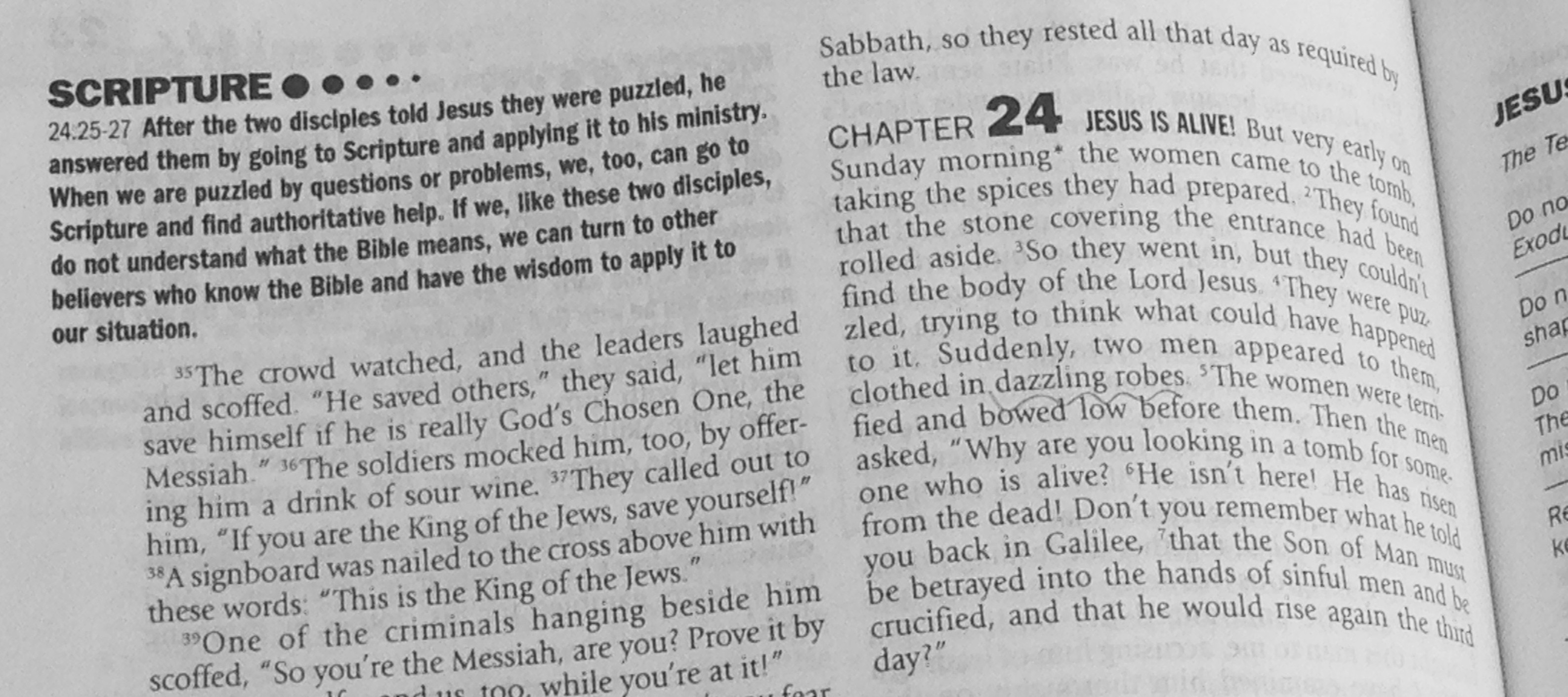We’ve heard this story before.
After all, it comes every year; a seasonal celebration. Many of us have heard it over and over again, until we learn how to recite it like the sing-song Alphabet of childhood.
And it’s beautiful. Annual. Familiar.We know it well…
Too well?
Not that most of us would admit. But it’s hard, isn’t it?
We all want something new: to grab our attention, hit our top news stories, maybe even shock our senses or give us a laugh. We live in a world of instant media slathered in social perspective, building off of one another to keep us constantly engaged and interested:
“Paris Attack Kills Over 100”
“Nevada School Shooting: Teacher Killed, Two Students Wounded”
“Trudeau Triumphs”
“Gay Marriage in America; a Constitutional Right”
“Brussels Attacks: Who Are the Victims?”
Whatever our opinion, whatever our faith or our politics, we follow the world of top hits and emotion shakers – something to make us respond in anger, horror, pride, love, joy, or even embarrassment. The “like” button just doesn’t do it for us anymore, and it has become as complacent as a “fine” to the question, “How are you?”
And after a time, the story gets old, and we impatiently wait for the next Big Story.
It’s an “age-old” issue of the modern Christian era. That’s why we write new translations, print new, attractive covers, produce top notch CG films, and write catchy songs – because sometimes we just need to adjust the format enough to grab our attention.
Until yet again, this too becomes old news, and that favourite “praise and worship” song is tossed in with a stack of forgotten hymns.
But this is still the part that I struggle with: what do we do next? We recognize the issue, but how do we change a perspective of recognition?
I don’t rightly know. That is, I can’t see any step-by-step process. But to me, this seems to coincide with anything else that happens in life, particularly in the headlines.
Facts are objective. Ex. “Child Dies Tragically in Car Crash”
This is a devastating headline that you never want to see. It will shock you, it will make you think, and three weeks later, you will continue on with your life of household responsibilities and Tim Horton’s coffee. Because that is life, and we know not to let things “get us down.”
But when you add relationship into the mix, things change.
Ex. “Child (your neighbour’s child) Dies Tragically in Car Crash”
This time, it may take a little bit longer to let the pain heal. It will take a few more prayers, and maybe a casserole with a note to help get back into the day-to-day living.
But the closer the story gets to you and your relationships, the harder it is to “move on”, or become comfortable with the topic.
Ex. “Child (your own child) Dies Tragically in Car Crash”
I don’t think any amount of casseroles will make you forget the pain that you feel. Especially when, each birthday, you’re silently considering the age of that child – wondering where they would be now, what they would be interested in, and who they would become.
As bold and as trustworthy as facts are, they will eventually stop affecting you.But relationships make facts come alive – whether in joy or in pain.
So maybe the issue isn’t that we need to rewrite the old story in a new way. Maybe it’s the relationship with the One involved in the Story that needs revamping. Maybe the closer we let ourselves attach to the Son who died on the cross and the Father who gave Him up, the more we will see His Story not as a news story that is tired or over familiarized, but rather as a relationship that is enriched and developing.
Then again, this isn’t your first Easter weekend…
So maybe this is old news.



